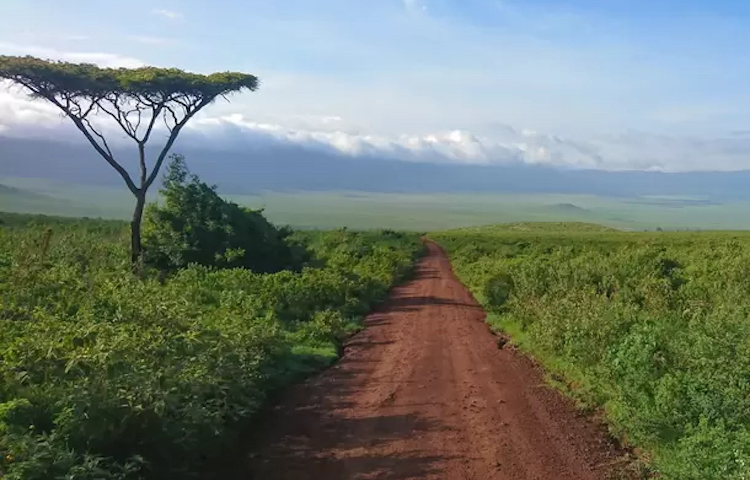By Rita Joshi
BONN, Germany, 19 May 2023 (IDN) — The largest living structure on earth, spanning 8,000km across Africa, is ushering in a new era of sustainability and economic growth. A game-changing African initiative launched by the African Union in 2007 aims to restore the Sahel’s degraded landscapes and transform millions of lives, according to the UN Convention to Combat Desertification (UNCCD).
The 16 members of the Southern African Development Community (SADC) have committed to accelerating multi-sectoral transformation through the SADC Great Green Wall Initiative (GGWI).
A major objective of the SADC Initiative is to create productive landscapes in Southern Africa that are socially inclusive, economically prosperous, and environmentally sustainable. By 2025, the goal is to establish multisectoral partnerships in collaboration with countries and key partners and to obtain an indicative US$ 27 billion in pledges.
In March 2023, the UNCCD Global Mechanism, African Union Development Agency-NEPAD, SADC Secretariat, AUC and Commonwealth Secretariat jointly convened more than 50 regional and international partners in Cape Town, South Africa. The occasion marked a landmark moment for the implementation of SADC GGWI. During this gathering, participants identified concluded with specific next steps and recommendations to facilitate financial backing and organized action on the ground.
Making strides, the World Bank paired with the SADC Secretariat, UNCCD, AUC, AUDA-NEPAD and the Commonwealth Secretariat to invite the SADC Ministers of Finance to attend a gathering on 12 April at Washington DC’s Spring Meetings. The attendees praised what had been accomplished so far and recognized GGWI as a critical part of coping with regional tribulations. They also articulated the need for an economic examination of inattention and ‘regular procedure’.
There are immediate effects of desertification, land degradation, and drought in Southern Africa, which covers a total land area of 10 million kilometers. Climate change, biodiversity loss, and unsustainable development practices in agriculture, energy and infrastructure also pose challenges.
In his welcome remarks, Floribert Ngaruko, World Bank Group Executive Director Africa Group 1, said the Spring Meetings were recognized as a critical gathering to engage and discuss the SADC Great Green Wall Initiative, confirming that it demonstrates Member States’ commitments towards deeper regional integration as articulated by the SADC Treaty, SADC Regional Indicative Strategic Development Plan (RISDP) 2020-2030, and other regional policies and strategies.
A green and resilient future for the SADC region is achievable with our collective efforts, said H.E. Elias M. Magosi, SADC Executive Secretary. As part of the implementation of the Initiative across the 16 SADC nations, he stressed the importance of building capacity for resource mobilization.
In line with the SADC GGWI Strategy, the financing and development partners expressed their commitment to leverage opportunities and to mobilize financing for the region.
The Great Green Wall is an exciting initiative that brings together many different actors and is part of a comprehensive economic and development plan. Louise Baker, Managing Director of the UNCCD Global Mechanism, commented, “Even if we succeed in restoring land, we need to ensure that it results in tangible benefits like access to renewable energy, infrastructure, markets, and livelihoods. Otherwise we are only halfway to achieving our vision.”
GGWI is expected to grow exponentially in scale and impact over the next two years with the support of countries and partners in the region. There is still much work to be done, but the message from the countries and the partners is clear: political support is already there—embedded in existing structures and frameworks of the SADC—what is needed is better coordination and collaboration across sectors and actors. [IDN-InDepthNews]
Photo source: UNCCD
Visit us on Facebook and Twitter.
IDN is the flagship agency of the Non-profit International Press Syndicate.
We believe in the free flow of information. Republish our articles for free, online or in print, under Creative Commons Attribution 4.0 International, except for republished articles with permission.

